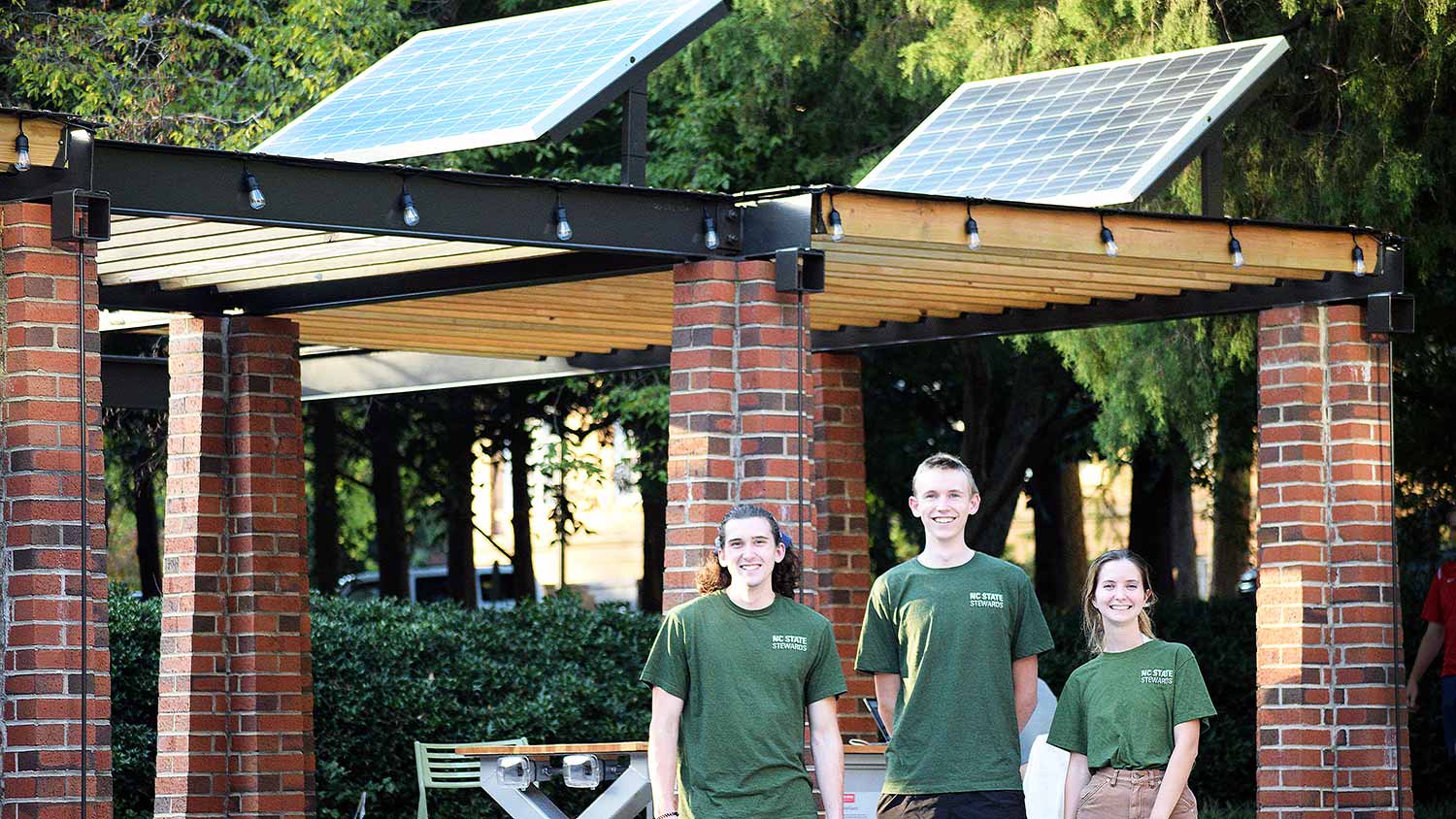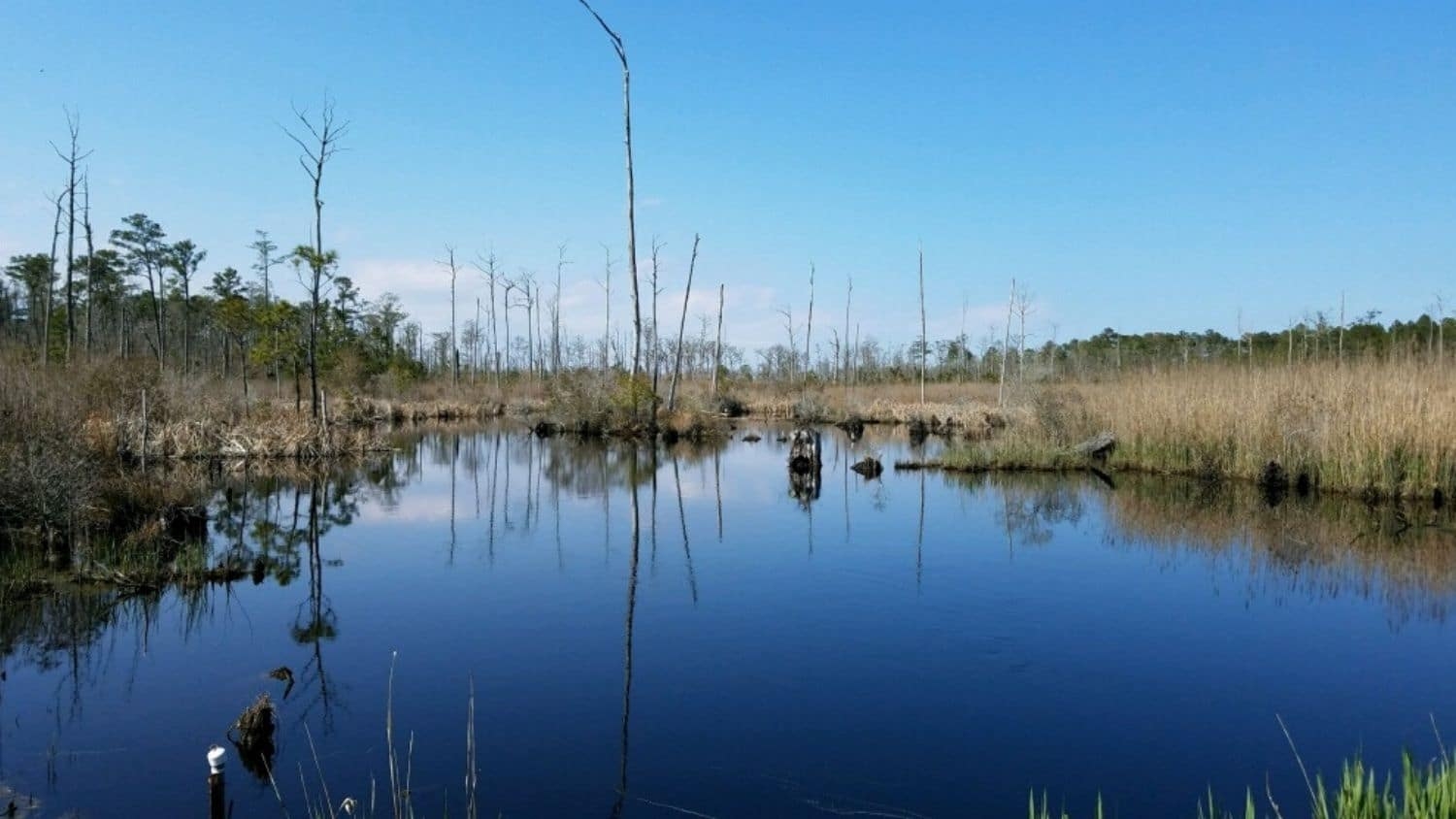Water
PFAS From Fluorochemical Plant Found in Dust of Nearby Homes
New Water Microcleaners Self-Disperse, Capture Microplastics and Float Up for Removal
The 2025 WRRI Annual Conference in Review
Research Advances the Next Wave of Aquaculture
Announcing the 2025 NC WRRI Annual Conference Plenary Speakers
From Lab to Field: Using Biochar to Clean Watersheds
Researcher Spotlight – Hannah Ferraro
Study examines how climate change has shaped coastal forests over the last decade

Students Lead Campus Energy and Water Conservation Competition
